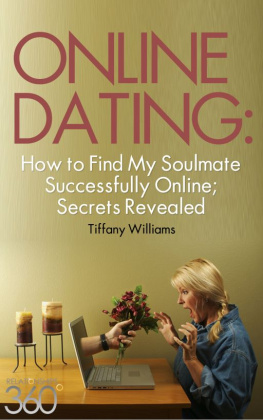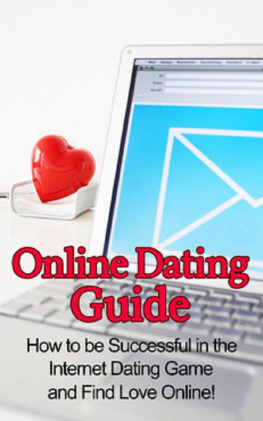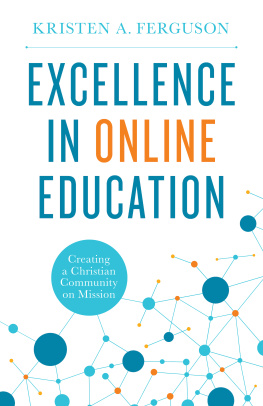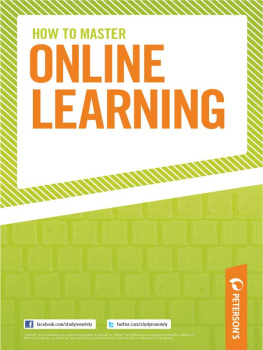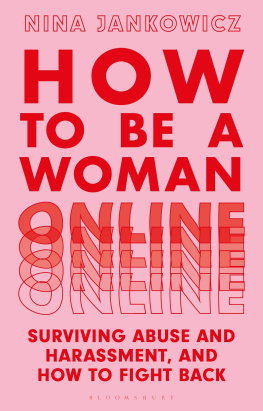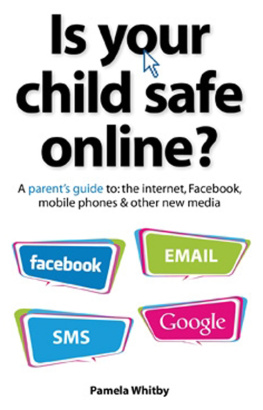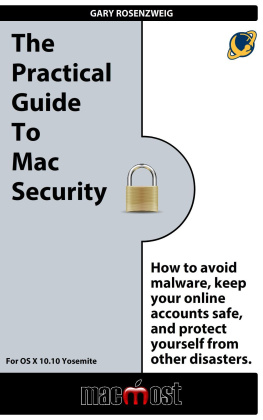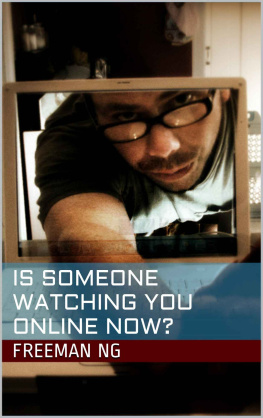Seyi Akiwowo - How to Stay Safe Online: A digital self-care toolkit for developing resilience and allyship
Here you can read online Seyi Akiwowo - How to Stay Safe Online: A digital self-care toolkit for developing resilience and allyship full text of the book (entire story) in english for free. Download pdf and epub, get meaning, cover and reviews about this ebook. year: 2022, publisher: Penguin Books Ltd, genre: Politics. Description of the work, (preface) as well as reviews are available. Best literature library LitArk.com created for fans of good reading and offers a wide selection of genres:
Romance novel
Science fiction
Adventure
Detective
Science
History
Home and family
Prose
Art
Politics
Computer
Non-fiction
Religion
Business
Children
Humor
Choose a favorite category and find really read worthwhile books. Enjoy immersion in the world of imagination, feel the emotions of the characters or learn something new for yourself, make an fascinating discovery.
- Book:How to Stay Safe Online: A digital self-care toolkit for developing resilience and allyship
- Author:
- Publisher:Penguin Books Ltd
- Genre:
- Year:2022
- Rating:3 / 5
- Favourites:Add to favourites
- Your mark:
How to Stay Safe Online: A digital self-care toolkit for developing resilience and allyship: summary, description and annotation
We offer to read an annotation, description, summary or preface (depends on what the author of the book "How to Stay Safe Online: A digital self-care toolkit for developing resilience and allyship" wrote himself). If you haven't found the necessary information about the book — write in the comments, we will try to find it.
A powerful, comprehensive guideto spotting, responding to and proactively defending yourself from online abuse - and learning how to be a good ally to those experiencing it.
The need-to-know, must-have and barrier breaking book on fighting online abuse that everyone must have a copy of Dr Shola Mos-Shogbamimu
A book written from the front line of life online - heartfelt, heart-breaking, practical, brilliant Richard Curtis
______________________________________
Digital spaces are a positive force for change, connection and community, but left unregulated, they are not always safe.
Globally, women are 27 times more likely than men to be harassed online. Black women are 84% more likely to face online harassment than white. There has been a 71% rise in online disability abuse and 78% of LGBTQ+ people have experienced hate speech online.
How to Stay Safe Online is an urgent, necessary digital self-care tool from leading activist for online equality Seyi Akiwowo. With a blend of practical advice, Seyis personal experiences and interviews with Jameela Jamil, Hera Hussain, Laura Bates and Yassmin Abdel-Magied, this book will:
* Provide practical tips on how to confidently navigate online spaces
* Equip you with a range of responses to online abuse and how to effectively report
* Teach you how to set boundaries and use the internet as a force for good
* Empower friends, teachers and parents to help victims
* Help you create your own digital self-care plan
This will be the go-to guide to developing resilience, greater compassion for others and authentic allyship online.
______________________________________
Seyi Akiwowos work to make the online world safer, especially for Black women, is not only powerful, its necessary Nova Reid
This helpful book is a crucial companion Emma Gannon
No one should be using the internet without having read this book Alex Holder
Accessible, empowering and potentially life-changing [...] everyone should read Laura Bates
Seyi is one of the most important voices of our generation [...] I hope this book gets added to the national curriculum Poppy Jamie
Seyi Akiwowo: author's other books
Who wrote How to Stay Safe Online: A digital self-care toolkit for developing resilience and allyship? Find out the surname, the name of the author of the book and a list of all author's works by series.


